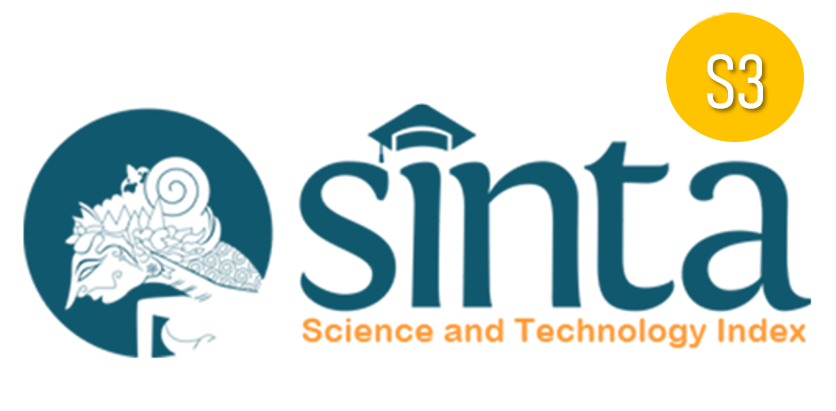Impact of E-Learning on College of Education Lecturers’ Knowledge of Quantitative Data Analysis in SPSS
Abstract
Keywords
Full Text:
PDFReferences
Adebayo, O. A., Ahmed, Y. O. and Adeniran, R. T. (2018). The role of ICT in provision of library services: A panacea for sustainable development in Nigeria. Library Philosophy and Practice (e-journal), 12, 1-12.
Bala, J. (2016). Contribution of SPSS in social sciences research. International Journal of Advanced Research in Computer Science, 7(6), 250-254.
Estrellan, A., Ferrariz, K. J., Lazona, P. A., Madres, V. E., and Estrellan, J. C. (2021). E-learning amidst the pandemic : Teachers ’ perspective in the Philippines . ASEAN Journal of Science and Engineering Education, 1(2), 93-96.
Hrastinski, S. (2008). Asynchronous and synchronous e-learning. EDUCAUSE Quarterly, 31(4), 51–55.
Igbokwe, I. C., Okeke-James, N. J., Anyanwu, A. N. and Eli-Chukwu, N. C. (2020). Managing the challenges to the effective utilization of e-Learning as a response in COVID -19 Nigeria. International Studies in Educational Administration, 48(2), 28-34.
Llupar, M. L., Malones , L. J. L., Sombria , A. J. F., and Calixtro , V. L. (2022). Development of folk-dance videos for e-learning. Indonesian Journal of Teaching in Science, 2(1), 1-6.
Nafsi , N.R.R., and Maryanti , M. (2022 ). Analysis of teacher skills in e-learning content development during distance learning during the covid-19 pandemic. ASEAN Journal of Science Education, 1(1), 23-32.
Ong, M. H. A., and Puteh, F. (2017). Quantitative data analysis: Choosing between SPSS, PLS, and AMOS in social science research. International Interdisciplinary Journal of Scientific Research, 3(1), 14-25.
Pratiwi , V., and Rahman , S. L. (2021 ). Application of e-learning system in the world of education. International Journal of Research and Applied Technology (INJURATECH), 1(1 ), 127-133.
Start, S. (2006). Introduction to data analysis handbook migrant and seasonal head start technical assistance center academy for educational development. Journal of Academic, 2(3), 6-8.
DOI: https://doi.org/10.17509/ijert.v4i2.60863
Refbacks
- There are currently no refbacks.
Copyright (c) 2023 Universitas Pendidikan Indonesia (UPI)

This work is licensed under a Creative Commons Attribution-ShareAlike 4.0 International License.







.png)




